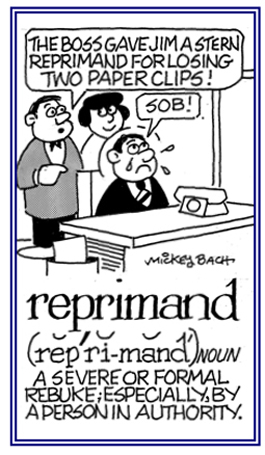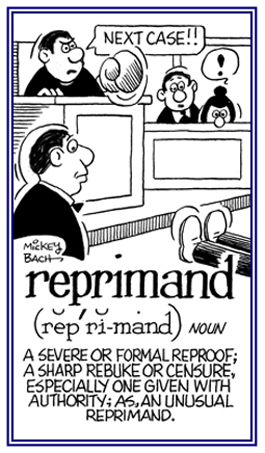press-, presso-, pressi-, -prim-, -prin-
(Latin: push lower, bear down on or against)
pressurize (verb), pressurizes; pressurized; pressurizing
1. To press something tightly into a space or container: Some cooks utilize pots with lids that pressurize the contents when food is being prepared for eating.
2. To cause the air inside an area, such as in an aircraft, to be the same as, or close to, a normal breathing area: Jane told her husband when she returned home that the system that usually pressurizes air in the passenger airplane failed to operate properly for a short time and the condition caused a great deal of terror for the passengers before it was returned to the normal functioning mode.
2. To cause the air inside an area, such as in an aircraft, to be the same as, or close to, a normal breathing area: Jane told her husband when she returned home that the system that usually pressurizes air in the passenger airplane failed to operate properly for a short time and the condition caused a great deal of terror for the passengers before it was returned to the normal functioning mode.
print
printer
printout
repress
repressible
repressibly
1. The process of suppressing one's emotional responses to situations or memories as a way of protecting himself or herself from what had happened previously: Dr. Harrison, a child development specialist, was concerned about the depth of repression that she was seeing in her patient who had witnessed a terrible car crash in which the child's parents had been killed.
2. A condition in which political, social, or cultural freedom is restricted or controlled by force: The human rights activists were intent on bringing public attention to the repressions of the children in the tightly governed country.
2. A condition in which political, social, or cultural freedom is restricted or controlled by force: The human rights activists were intent on bringing public attention to the repressions of the children in the tightly governed country.
repressive
repressively
repressiveness
1. An act of censure or criticism, a dressing down, a correction given to draw attention to and to change someone's behavior or action: Mr. Carston, the butler, gave a reprimand to the servant who forgot his white gloves which was deemed essential for working in the dining room.
2. Etymology: from Latin reprimenda, "that which is to be repressed."

© ALL rights are reserved.

© ALL rights are reserved.
Go to this Word A Day Revisited Index
2. Etymology: from Latin reprimenda, "that which is to be repressed."


Go to this Word A Day Revisited Index
so you can see more of Mickey Bach's cartoons.
A person who is responsible for correcting or rebuking the actions or behaviors of others: Part of the job description of the school principal, Mr. Dean, was to be the reprimander of students who misbehaved in class or on the school grounds.
reprint
sprain (verb), sprains; sprained; spraining
1. To tear or to stretch the ligaments that hold the bone ends together in a joint: Pete sprained his ankle when he slipped on the wet floor of a store as customers were walking in to shop from the rain.
Sometimes when a person sprains his or her joint by twisting it in such a sudden and painful way, one treatment is applying an ice pack to reduce the swelling and wrapping the joint with a compression bandage and taking analgesics or painkillers to relieve the pain.
2. Etymology: from Latin exprimere, "to press, to squeeze out; from ex-, "out of, from" and premere, "to press".

